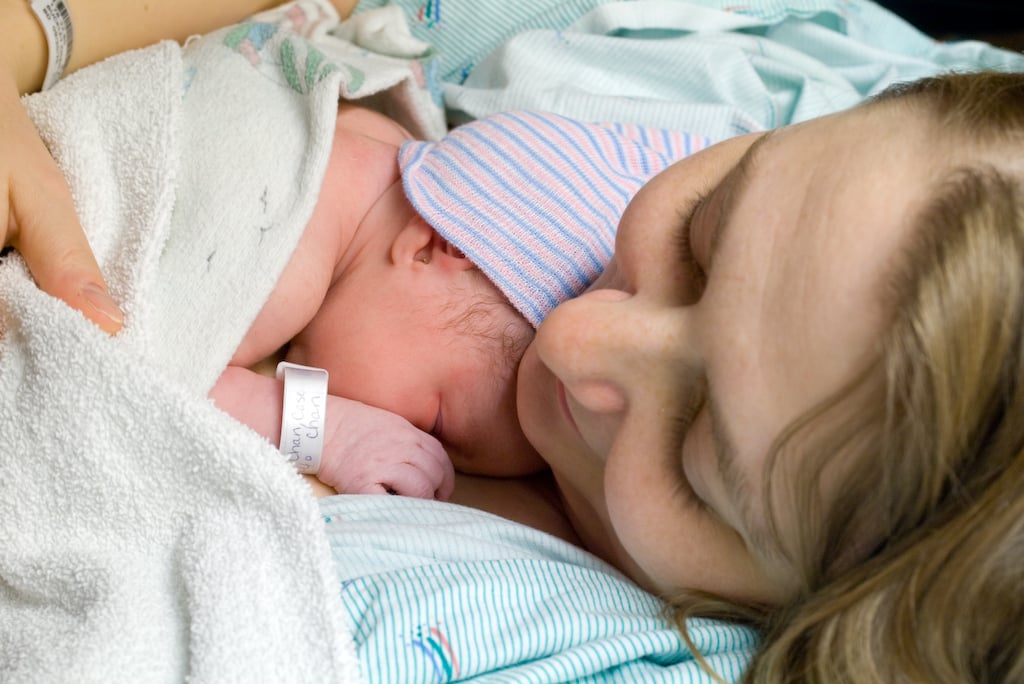According to recent scientific research, children born through cesarean are more likely to contract asthma during childhood than their counterparts brought into the world through normal birth.
C-section birth robs children of a chance to obtain microbiome germs from their mothers. Failure to secure those beneficial germs makes children more prone to asthma. The explanation is courtesy of joint research by scientists from the University of Copenhagen, the Copenhagen Prospective Studies on Asthma, and Rutgers University.
The study findings are available in the Science Translational Medicine journal. The research findings further explain that failure to secure the essential germs influences an infant’s microbiota. The latter is a collection of beneficial microorganisms found in our bodies, which also have a notable impact on human health.
Scientists plan to use the research to enhance microbiome research
Scientists also believe the study findings as vital because they will pave the way for prevention strategies development. For example, scientists plan to use the research data to develop solutions that will fix the microbiome imbalance that occurs due to the absence of the beneficial germs at birth. It will allow doctors to take a preventative approach to the problem where fixing the imbalance will reduce the child’s chances of contracting asthma.
Martin Blaser, a co-author in the study stated that C-section babies take a while before developing a healthy microbiome. However, the period before it develops leaves them exposed and at risk of various illnesses such as asthma, mainly because their immune systems are still developing. Researchers studied 700 children during their first year after birth to understand C-section births’ impacts versus vaginal birth.
Scientist Jakob Stokholm pointed out that a baby born through C-section might still develop a microbial perturbation early on during their first year, which may help prevent the chances of contracting asthma. The microbiome may develop early, thus offsetting the risk of asthma. Stockholm also noted that the study proposes developing methods that will help infants rapidly grow a microbiome early after birth to be better protected against diseases like asthma. It will also contribute to the growing list of research efforts on preventative approaches.


